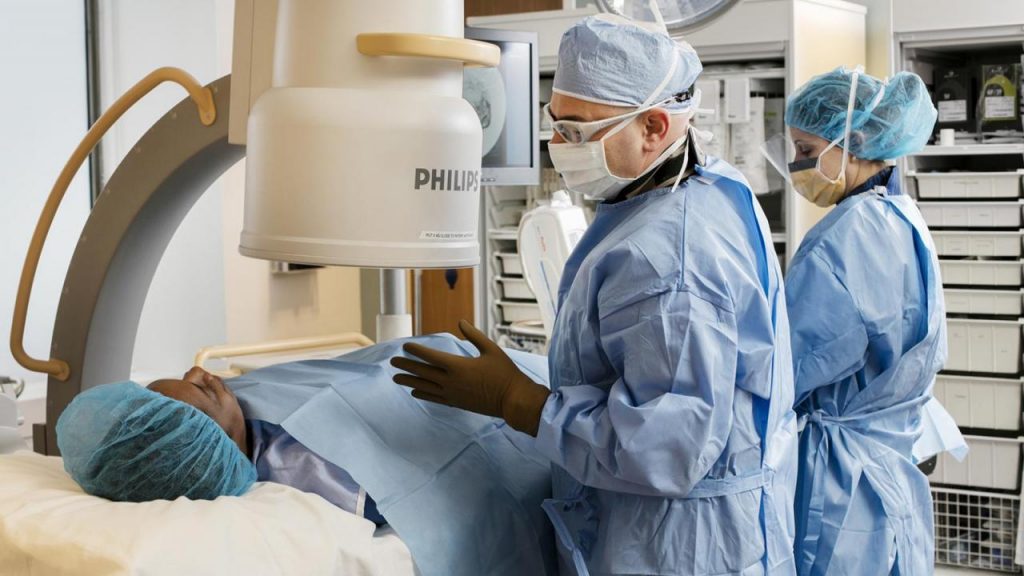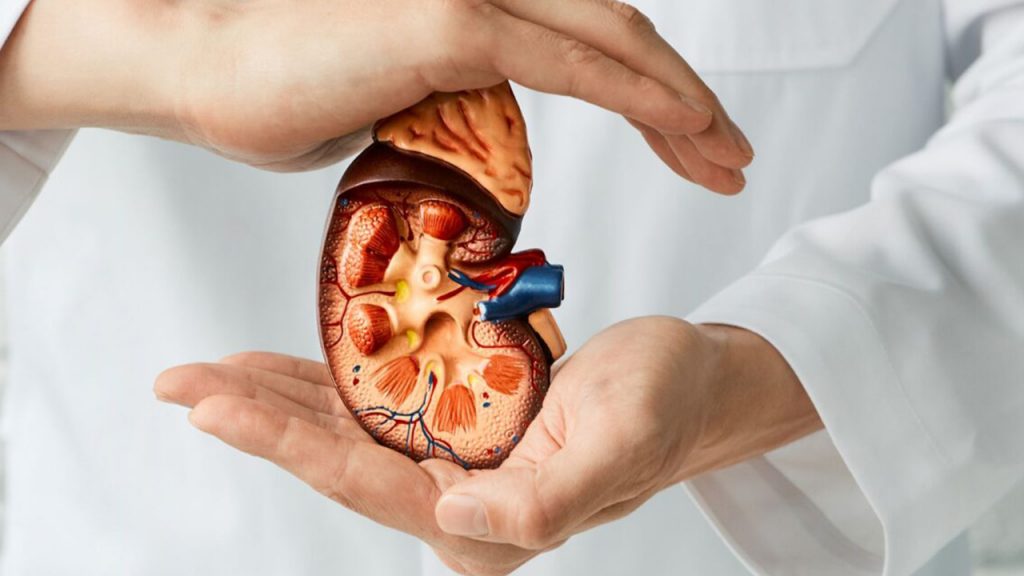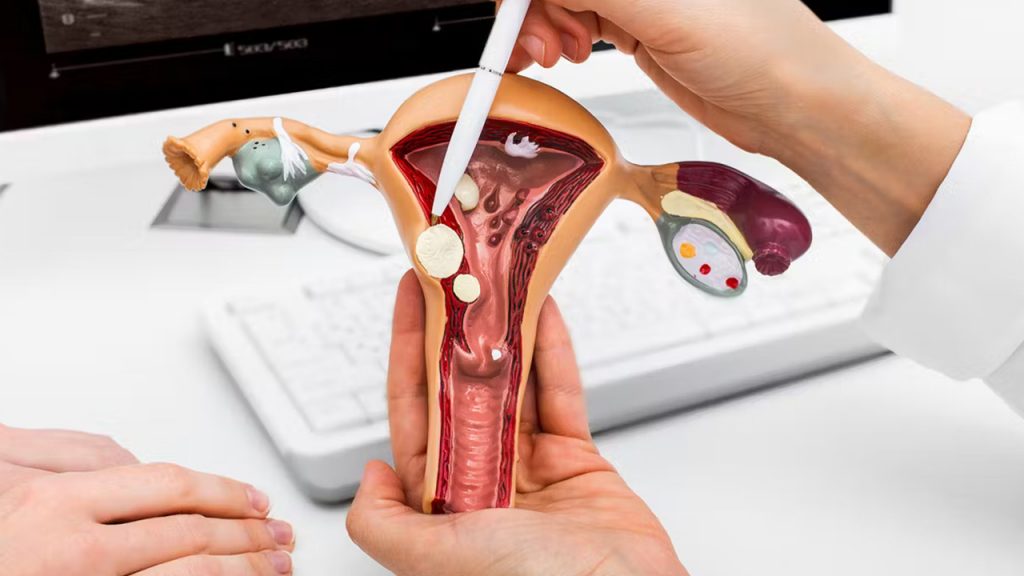OUR EXPERTISE

Interventional Radiology (IVR)
Interventional Radiology (IVR), also known as Image-Guided Therapy, is a specialized medical field that employs minimally invasive procedures to diagnose and treat a wide range of conditions using various imaging techniques. It combines the expertise of radiology and interventional procedures to provide patients with less invasive alternatives to traditional surgical approaches.
Department of cardiology
Cardiology is the medical specialty that deals with the diagnosis, treatment, and prevention of diseases and disorders related to the heart and the cardiovascular system. It encompasses a wide range of conditions, from congenital heart defects to coronary artery disease, heart failure, and rhythm disorders. Cardiologists are medical doctors who specialize in cardiology and are experts in managing both acute and chronic heart-related issues.


Minimal Invasive Surgery
Minimal access surgery or laparoscopic/ endoscopic surgery is accomplished with one or more small incisions instead of a large incision and is increasingly becoming a preferred surgical method for several ailments. The surgeon goes through a small incision (5- 10 mm) into the body cavity using a Laparoscope with a video camera that beams pictures onto a monitor. This allows the surgeon to view the internal organs, structures, and ascertain the damage/ pathology.
Department of Nephrology
Nephrology is a branch of medicine that deals with the diagnosis and treatment of kidney diseases. The kidneys are vital organs that filter waste products from the blood and excrete them in the urine. There are a variety of kidney diseases, and each one requires different treatment.


Department of Urology
Urology is a branch of medicine that focuses on medical conditions of the male and female urinary tract systems. The urologist is a medical professional that specialises in the urinary system in both men and women. In ancient times, doctors used to examine the urine of a patient for clues about their illness.
Department of Oncology
The Department of Oncology is a medical specialty focused on the diagnosis, treatment, and research of cancer. An oncologist is a doctor who treats cancer and provides medical care for a person diagnosed with cancer. An oncologist may also be called a cancer specialist. The field of oncology has 3 major areas based on treatments: medical oncology, radiation oncology, and surgical oncology.


Department of Gastroenterology
Gastroenterology is the branch of medicine focused on the digestive system and its disorders. The digestive system consists of the gastrointestinal tract, sometimes referred to as the GI tract, which includes the esophagus, stomach, small intestine and large intestine as well as the accessory organs of digestion which include the pancreas, gallbladder, and liver.
Department of Gynaecology and obstetrics
Gynecology is a medical specialty that deals with female reproductive health. The female reproductive system includes the uterus, ovaries, fallopian tubes, cervix, and vagina. Gynecologists are specialists who have expertise in diagnosing, treating, and managing conditions and diseases that negatively impact this system, such as menstrual disorders, infertility, sexually transmitted infections, and gynecological cancers.


Diabetic Foot Management
People with diabetes often have problems with their feet. They may develop foot develop sores, deformities and infections more easily. If not treated quickly, a foot ulcer or blister on a person with diabetes can get infected. Sometimes a surgeon must amputate (remove) a toe, foot or part of the leg to prevent the spread of infection.
Department of Neurology
The Department of Neurology is a medical specialty department that focuses on the diagnosis and treatment of disorders related to the nervous system. This includes the brain, spinal cord, peripheral nerves, and muscles. Neurologists are medical doctors who specialize in the field of neurology and are trained to evaluate, diagnose, and manage a wide range of neurological conditions.


Department of Oncology
The Department of Oncology is a specialized medical department or division within a hospital or healthcare institution that is dedicated to the diagnosis, treatment, and research of cancer, also known as oncology. Oncology is the branch of medicine that deals with the prevention, diagnosis, and treatment of various types of cancer. It encompasses the study of cancer’s causes, development, progression, and the management of cancer patients.



